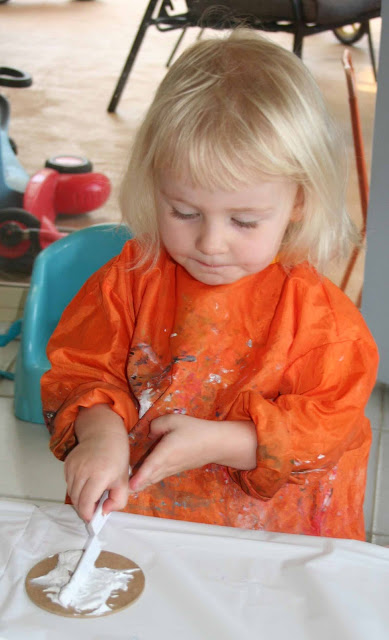Today R built these houses using a toy first manufactured in 1935; Bayko building sets. I have a set that belonged to my mother as a child which was made post 1960 and another set purchased from a car boot sale which dates somewhere between 1935-1959. Find out a bit more about the history of the toy here.
First we took a look at all the pieces and chose a simple model to construct.
Building the models involved lots of fine motor skills, measuring (to choose the base rods), and following plans.
Here R is following the instructions and adding the metal rods to a base board to create the frame of the house. Next he slides bricks, windows and doors into position.
We tried a trickier two storey model too. Here are the results:
Our history street now has several different buildings from a range of time periods.














































